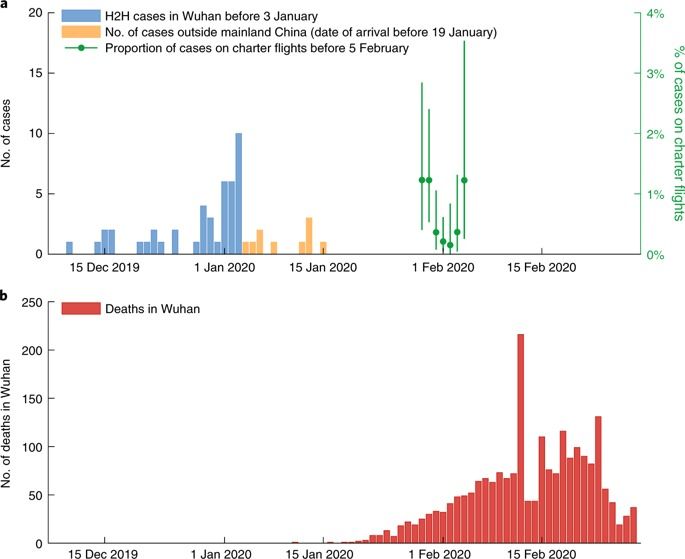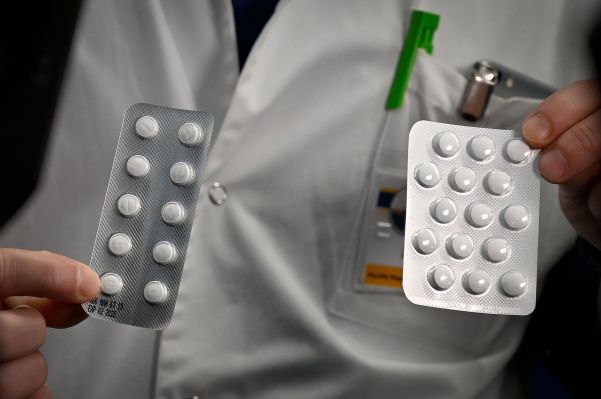Mar 21, 2020
Sanofi, Regeneron ready to roll Kevzara into COVID-19 trials immediately
Posted by Omuterema Akhahenda in category: biotech/medical
Seeking a shortcut to treatment for the novel coronavirus pandemic, Sanofi and Regeneron spied promising results in severe patients with their shared arthritis med Kevzara. Now, they’re hustling the med into immediate clinical trials to put that promise to the test.
Sanofi and Regeneron are ready to enroll a phase 2/3 clinical program studying arthritis med Kevzara as a therapy for patients hospitalized with severe COVID-19, Sanofi said Monday.
In a two-part U.S. arm of the Kevzara program, the drugmakers will evaluate the drug as an add-on to supportive care in around 400 patients across 16 states. The first segment of the trial will study Kevzara’s impact on fever and patients’ need for supplemental oxygen while a second segment will focus on longer-term outcomes, including preventing death and cutting the need for supportive care such as mechanical ventilation, supplemental oxygen and/or hospitalization, the partners said.
















